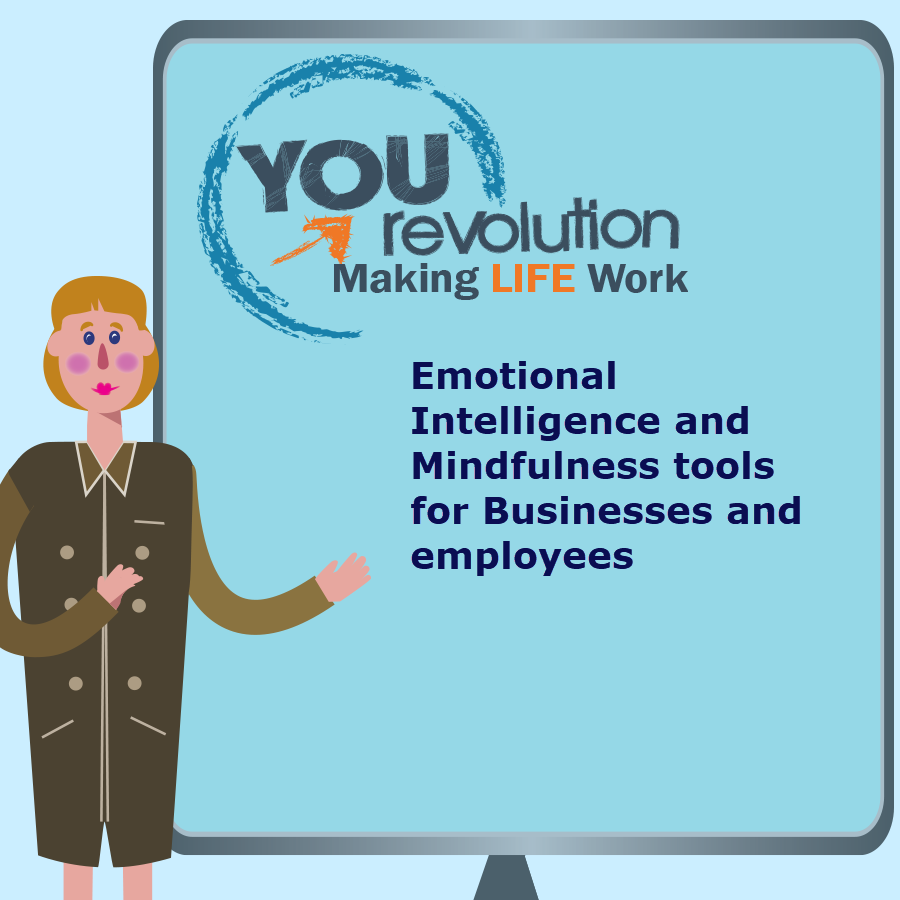Emotional Intelligence and Mindfulness tools for businesses and employees
New Mindset new work opportunities…
Does any of this sound like you?
- I want to reconnect with my creativity, spark and imagination but don’t know how
- Instead of feeling demotivated and bored at times, I want to feel more focused, passionate and enthusiastic about my work
- I’d like to achieve even greater success levels in work and relationships
- I want to become more productive, to procrastinate less, to make smarter use of my time and to consistently meet/exceed my targets
- Making it to the top of my career is a key priority for me
- I’d like to enhance my leadership skills, to improve my communication style, to read people more efficiently and to become more emotionally intelligent
- Obstacles keep holding me back because I’m afraid of not having what it takes to be successful or to follow my ideal career path
- I’d like to be more decisive
Or perhaps:
- Work takes up most of your life and you constantly feel like you are chasing your tail
- The joy has gone out of your life and you feel like you have lost your spark
- You can’t remember the last time you took a day off
- You feel like a hamster trapped in a wheel going round and round
- Been too busy is something you perceive as a sign of success or of a flourishing career
- Often you eat in tandem with other tasks and rarely take a lunch hour
- Days are so crammed full that you literally dread even starting them
- You’ve recently noticed that you are consistently more tired when you get up in the morning than you are when you go to bed
- There is so much to do that you can’t even shut your mind down when your laying in your comfy bed
- You put work first and leave everything else to the last minute such as loo breaks and GP appointments, parents’ evenings etc
- Traffic jams signal the beginning of phone meetings for you
- You continually feel like you are missing out on family life
- Often you feel guilty that you’re not there for your kids or your partner as much as you’d like to be
- You wish you didn’t feel too tired or busy to enjoy your social life
It doesn’t help either that this fast paced, quick fix, target-driven, celebrity and social media obsessed Society we currently live in is remarkably effective at brainwashing people into believing they should look a certain way, act a certain way, be a certain someone, when in reality every single one of us is different.
Society pigeonholes people and wants you to believe that you have fewer rights to be happy because you do not fit an idealistic lifestyle. This toxic pigeonholing’ happens because it keeps the consumer tread mill in business, continually filling up the pockets of plastic surgeons, BMW and Mercedes, banks, estate agents and pharmaceutical companies who prescribe so called “happy pills”.
Well the good news is you are not alone in this, we all feel at least one of these things sometimes…
Even more good news, Mindfulness and emotional intelligence strategies and tools can really help you to overcome stress, burn out and to develop new/improved business skills too such as –
- Improved work performance and targets
- Wiser Decision making
- Resilience
- Patience
- Mental Focus
- Improved People and Social skills
- Creativity
- Skilful Communication
- Embodied Leadership
- Confidence
- Empathy and compassion
- General well-being
- Ability to perform better under pressure
Mindfulness and Emotional Intelligence
In case you were not aware, in recent years, there has been an explosion of interest in mindfulness and emotional intelligence tools and strategies with widespread media coverage, bestselling books and a remarkable uptake of online resources.
For example, there has been a huge increase in academic research on mindfulness with more than 500 peer-reviewed scientific journal papers now being published every year. Meanwhile developments in neuroscience and psychology are illuminating the mechanisms of mindfulness.
The Mindfulness All-Party Parliamentary Group (MAPPG) was so impressed by the levels of both popular and scientific interest that they launched an inquiry to consider the potential relevance of mindfulness to a range of urgent policy challenges facing government.
Many members of the MAPPG have been further inspired by the potential of mindfulness after personally experiencing the benefits on courses held in Westminster and as a result recently published the Mindful Nation UK report.
More about Bringing Mindfulness and Emotional Intelligence to the Workplace
Google is, by all accounts (it was named Fortune’s top great place to work in 2014), a world-class employer. The organisation prides itself on being socially conscious, offering employees (known as Googlers) substantial benefits and perks like on-site cafes, dry cleaners, nap pods, and more than a dozen mindfulness courses. Google’s most popular “Search Inside Yourself” mindfulness course, offered since 2007, has a six-month wait list and thousands of Googler alumni.
The program consists of 19 sessions or an intensive two-and-a-half day retreat, and is designed as a contemplative training program that helps participants learn to better relate to themselves and to others. The training consists of three parts: attention training, self-knowledge development, and “creating mental habits.” Attention training focuses on developing the ability to bring one’s mind, under any circumstance and at any time, to a place that is calm and clear. Self-knowledge development focuses on becoming more aware of one’s self, creating a quality of self-knowledge and self-awareness that improves over time.
This self-awareness helps mindfulness practitioners master their emotions. The third part of the training focuses on creating mental habits – for example, creating a mental habit of kindness. Participants are taught to look at every person they encounter and think “I want this person to be happy.” Once it becomes a mental habit, kindness comes naturally (Baer, 2014).
Google says this and other mindfulness programs are good for the company because they teach emotional intelligence, which helps people better understand their colleagues’ motivations. It also boosts resilience to stress and improves mental focus (Baer, n.d.). Participants of the “Search Inside Yourself” program agree. They report being calmer, more patient, and better able to listen. They also say the program helped them better handle stress and defuse emotions (Kelly 2012).
Healthcare giant Aetna liked the outcome of their study on mindfulness so much they now offer their mindfulness programs to customers, and more than 3,500 employees have participated in the programs.
In 2010, Aetna developed, launched, and studied two mindfulness programs—Viniyoga Stress Reduction and Mindfulness at Work—in collaboration with Duke University, eMindful, and the American Viniyoga Institute.
The goals of the programs were to help reduce stress and to improve how participants react to stress (Gelles, 2012 and Aetna staff, 2012).
In today’s work environment, mindfulness and emotional intelligence are personal and professional strategies to improve performance and productivity.
As Google, Aetna, General Mills, and Target can attest, bringing mindfulness and emotional intelligence to their workplaces has decreased employees’ stress levels, improved their focus and clarity, improved their listening , decision-making and leadership skills, and improved their overall happiness and well-being.
Perhaps most importantly from an HR and talent management professional perspective, mindfulness can reduce employee absenteeism and turnover, improve employee and client relationships, and boost job satisfaction.
So, what’s the cost of leading a hectic lifestyle to our health and well-being without mindfulness and emotional intelligence strategies?
It can be exciting and thrilling pushing ourselves to and often beyond the limits of how much we are capable of. That said, doing too much too quickly can be exhausting, uncalled for, and potentially dangerous, for example, phone calls whilst driving.
In our relentless overloaded world, we often feel depleted and more tired when we get up in the morning than when we go to bed. Our productivity levels and the quality of our work depreciates with speed. The quicker we approach tasks the more likely we are inclined to make errors. When we feel up and high, we ride our hectic life like a high performing surfer in the flow of a great wave, but when we’re down often we wipe out, burn ourselves out and can’t seem to overcome exhaustion. Most importantly though this has long lasting and detrimental consequences for our health and well being such as high blood pressure, fragile immune systems and chronic fatigue syndrome.
What can you do about it?
Over the next few weeks, I’ll be sharing with you the mindfulness, emotional intelligence self help and personal development techniques and tools that helped me to:
- fulfil my dream of escaping the corporate cage, that is, my well-paid secure job and hectic lifestyle in London
- move from London to live in the idylic countryside and do my dream job as a successful Psychotherapist, Coach and Mindfulness Teacher helping 1000s of clients at my Liverpool Street and Harley Street Practices and nowadays at my online, Bristol and Somerset Practices sometimes advising film Directors, such as Mike Leigh, on the authenticity of film narratives.
Though I am now doing my dream job, living in a delightful Somerset village and have many tools at my disposal, life is occasionally still tough so I’ll also send you some tips to help you remain motivated, and focused when you are feeling stuck, overwhelmed, lost or you are falling victim to ”l’m too busy and don’t have enough time” and procrastination trap.
These emotional intelligence and mindfulness tools have helped
Many other professionals, like you, celebrities and big corporate companies too such as the Bank of England, Google, Emma Watson, Ruby Wax, Steve Jobs, Arianna Huffington and Olympic Gold medallists ….

